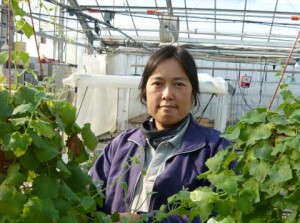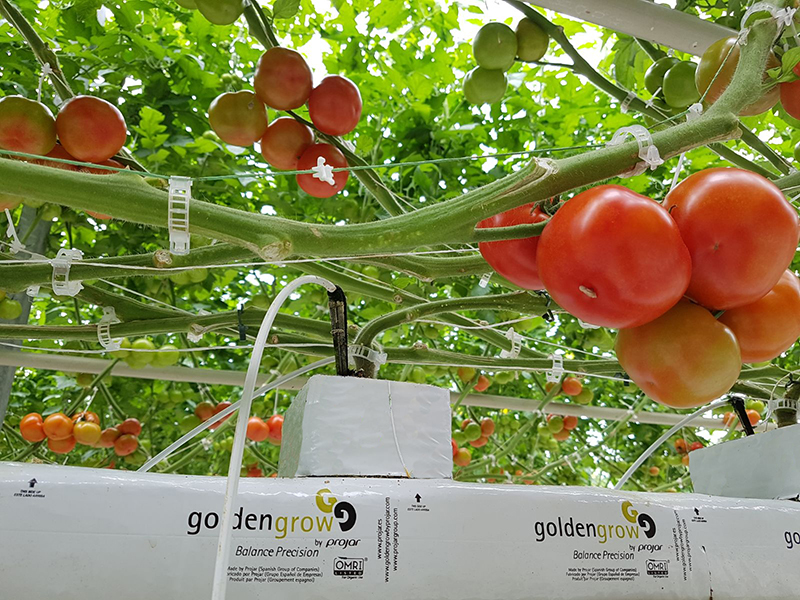Plant Breeder Yasuko Isobe: Consumer Lifestyles Will Demand More Environmentally Friendly Crops

Yasuko Isobe
Plant Breeder
Suntory Flowers Limited
Yasuko Isobe is a plant breeder for Suntory Flowers Limited, where she manages petunia and lophospermum crops.
An agricultural science graduate from Kyoto University, Isobe is a gardener herself and says she has been passionate about plants her entire life. She has been a plant breeder for 15 years.
GG: As a young breeder, what direction do you feel breeding is headed?
Isobe: I feel the market will be needing ecology and environmentally friendly crops more than ever, considering more strict regulations on landscapers, hotels, theme parks and public organizations who consume great amounts of plants. Also, people are more conscious to live healthy lives and help to make the environment better. Along with beauty and productivity, more clear added value characteristics, such as drought tolerance, less pesticide or chemicals, will be needed.
GG: What crops do you feel will be relevant and important over the next 30 years?
Isobe: Portulaca, orchid and petunia. Portulaca and orchid require less watering and are maintenance free. In the future, I think the crops that are drought tolerant and tough against unstable weather will receive more attention. With the long-time breeding and effort every breeder has put into it, petunia has also become a more tough and manageable crop, continuously providing colors for long seasons. People always talk about what’s new, but I believe petunia continues to be one of the five best-used and important crops.
GG: Will the fervor for all new varieties continue in the industry or will breeders begin to focus on filling consumers’ needs?
Isobe: I assume it will be both. In the U.S. market it seems the percentage of garden experts and passionate gardeners is not large. It seems like the industry has been taking leadership of deciding what to provide to the market. However, we need to target new layers of people we haven’t reached in the past, to expand the market and not limit it to plant lovers. To do this, breeders will be required to more carefully observe and find hidden consumer demand in order to create a pull.
GG: How will breeders address needs to reduce chemicals by increasing crop resistance to pests and diseases? How far away is this technology?
Isobe: This point has been and will continue to be a very important target in breeding. Compared to the past, I feel crop resistance has been improving a lot. Considering the rapid progress and also that people are aware of the point, I don’t think the technology is far away.
GG: What is one outlandish prediction you have for floriculture in the next 30 years?
Isobe: Compact, manageable woody plants that keep blooming all season would create a great demand, as currently the bloom time that people can enjoy is short. Woody plants provide consumers the pleasure of seeing the growth year by year. I am away often on business trips, so I keep woody plants, as well as orchids and succulents, as they will survive. People also love fruit trees, especially when the economy go down, and the potential is high for eye-catching, flowering varieties.










